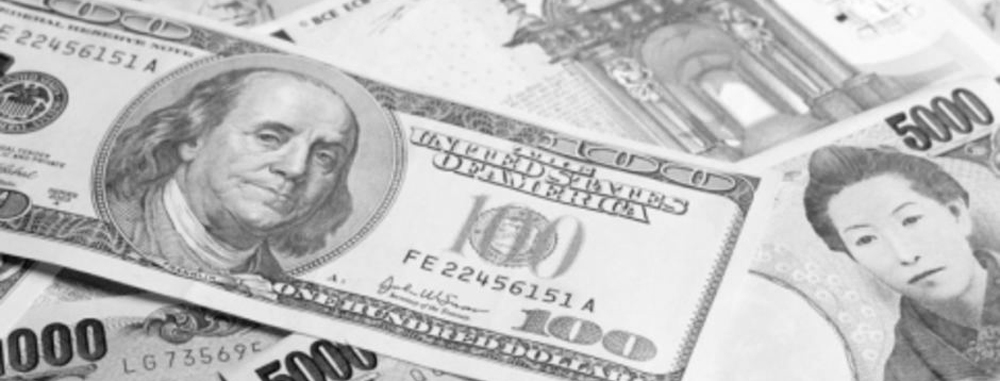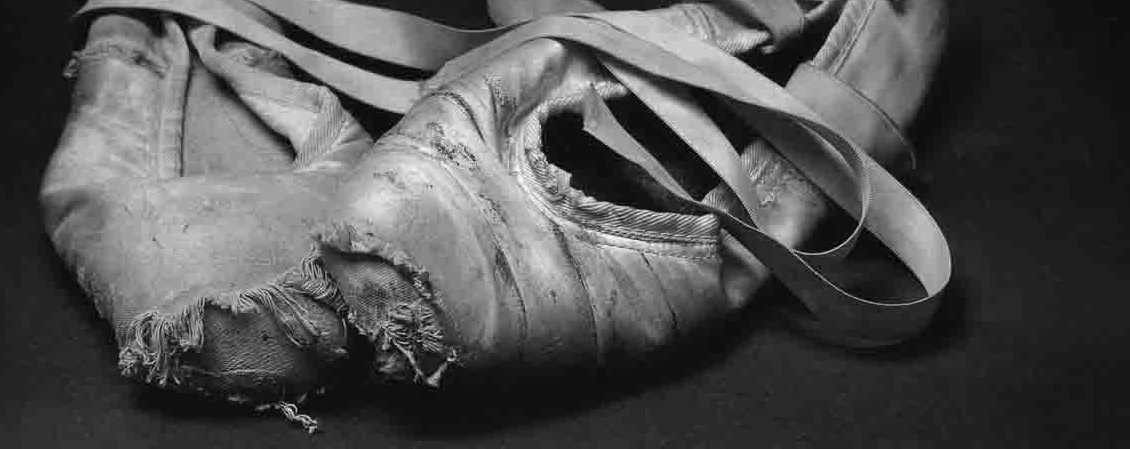Near the end of the semester in my Human Origins course, I teach about two concepts: the epidemiologic transition, and the demographic transition. Both of them have to do with overall improvements in quality and length of life in societies that have reached a certain level of knowledge and wealth. In the epidemiologic transition, knowledge and innovations regarding health and medicine combine to reduce the incidence of infectious disease, and generally increase the overall health and longevity of the population. Mortality from non-infectious diseases such as heart disease and cancer increase as life expectancy increases. So, instead of dying young of an infectious disease, you live longer and ultimately perish from a disease or condition linked to old age and/or the consequences of a Westernized lifestyle (such as poor diet and lack of exercise). Combine this with the demographic transition, which sees life expectancy increase, and a drop in death rates followed by a drop in birth rates as societies industrialize and modernize, and you have a perfect recipe for booming population growth. Not every society in the world has gone through both of these transitions, but enough have that what should have been viewed as benefit is now becoming a detriment. Put in evolutionary terms, what was once adaptive is becoming maladaptive. I hypothesize that it is not these two transitions themselves that are to blame, but yet another transition, which I am going to call the economic transition.
So what is the economic transition? As the world has modernized, starting at least four centuries ago with the age of European exploration and colonization in the 16th and 17th centuries, the global economic system that we know today as capitalism has taken hold. Capitalism, and the quest for profit through the exchange of material goods, is in many ways a beneficial and adaptive system for human groups. However, link it to the natural human desire to achieve status, and then link status to the ownership of material things and the symbols of exchange that make that ownership possible (i.e., money), and add in the longer-lived and massively expanded human population we are dealing with today, and you have a recipe for maladaptive disaster. Capitalism, superficially, is extremely similar to biological evolution and natural selection – call it economic selection. Left to its own devices, the natural consequence of capitalism is to concentrate wealth in the hands of a very few people or groups. This can work in some circumstances, especially when the social group affected is reasonably sized. Competition can lead to greater resource acquisition for the overall group, which is then redistributed by the leaders who had the greatest hand in acquiring it. This is what happens in the Big Man system that used to characterize many native economies in places like Papua New Guinea. The Big Man worked hard and gained followers who worked on his behalf to grow the biggest garden and the largest herd of pigs, and as harvest or slaughter time came, he rewarded his followers for their hard work. Those who worked the most gained the most, but nobody went without basic necessities. Why? Because in small groups, the well-being of the group depends on the well-being of the individuals who comprise it. The Big Man, for his part, was well compensated for his leadership efforts, but he did not end up with portions that were much larger than those of his workers; his gains instead had to do with status and leadership power (which from an evolutionary standpoint tends to correlate with greater reproductive success – to me, this is the underlying impetus for the development of these sorts of systems).
The Big Man system is a sort of proto-capitalism. Anybody could aspire to be a Big Man, and with enough hard work and charisma, individuals could work their way into the top status tiers of these groups. The key difference is that the Big Man did not keep the majority of the wealth for himself, and he did not attempt what true capitalism attempts today: gather the most wealth possible while paying as little as possible to acquire it (whether for raw materials, workers, overhead, or what have you). The capitalist world system is designed to concentrate wealth. It is theoretically true that anybody can compete in this system, but with 7 BILLION competitors, success is anything but assured, and the structural obstacles to reaching that success are more numerous and complex than I can possibly attempt to explain in one post.
I still haven’t really explained the economic transition yet, because at least a basic knowledge of economic systems is important. Nevertheless, I can describe it simply as a transition from small-group based competitive yet redistributive systems to a system based on personal financial gain that thrives on the perpetuation of class inequality. In a survival of the fittest economic system, inequality is the only possible outcome. What’s even more insidious about this transition is that even those at the bottom of the class and income scale believe that this is the way it is supposed to be, and that the only way out is through acquisitiveness and consumption. I have already written on this at some length in posts discussing hegemony. This is hegemony in a nutshell. The economic transition is maladaptive because it relies on continued resource consumption, and it is linked to the large and long-lived global population that consumes those resources. The economic transition, if it continues to its logical conclusion, ultimately means the ultimate biological maladaptation for the human species, to wit: extinction.
I actually didn’t mean for this post to be a treatise on my view of our world’s economic problems, but these things just come out as they come out. This is the starting point for many more specific posts to come. What started my ruminating on this particular topic (other than the fact that I ruminate about it just about every single day) was thinking about our obsession with material things, and wondering how in the world we can save ourselves from ourselves. How can we modify the system so that status comes from the person you are rather than the things you own? How can we actually slow down the economic engine, and adopt a philosophy of economic balance, instead of constant growth? When will we realize that the values of our lives come from experiences, rather than possessions?
Let me end this post with a question for my readers: what are your fondest memories? What makes you smile when you need a boost? Do these memories revolve around things, or people and experiences? One of my favorite memories, one I call on when I want to feel happy, is from 2001 when I surprised my mom by coming home from Albuquerque for Christmas one week early. I called her from outside her front door. As we spoke, I made it sound like I was still in Albuquerque. I knocked on her door and laughed to myself as she said “Hold on sweetheart, there’s someone at the door.” She opened the door and saw me, and I will never, ever forget the look on her face or how she dropped the phone and grabbed me into a hug of joy. This is a memory that I could never buy, yet it makes me happier than any material thing I have ever owned. I think that if we consciously remember what truly has given us joy in our lives, it may lead us out of the materialism = happiness lie that so many forces are leading us to believe.

